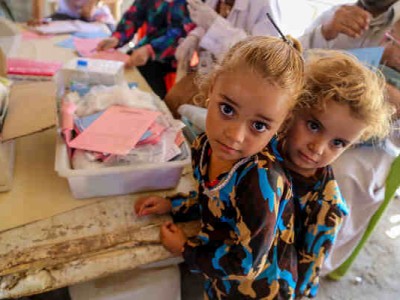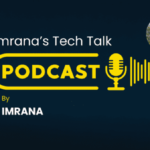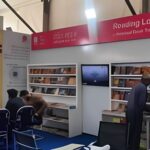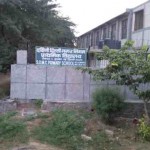
How NASA Studies Clouds from Space

A girl watches a model rocket take off from the Goddard Visitor Center. Credits: NASA’s Goddard Space Flight Center / Talya Lerner
NASA’s Goddard Space Flight Center’s Visitor Center in Greenbelt, Maryland, will host this month’s Sunday Experiment on March 20, from 1 p.m. to 3 p.m. EDT.
This afternoon of free activities gives elementary school-aged children and other family members a look into how NASA explores clouds and studies Earth from space using satellites.
This month’s focus is about how and why NASA explores clouds. Children and families will learn about clouds including answers to questions like: What are clouds? Why do some clouds look different than others? Why do we need clouds? How can I help NASA study clouds?
“Along with art activities, demonstrations and science presentations about clouds, we will be previewing a new citizen science program,” said Holli Riebeek Kohl, coordinator for Earth sciences education and communication at Goddard. “The new program asks people of all ages to photograph and identify clouds for NASA scientists studying clouds, energy and climate.”
Clouds play an important role in Earth’s climate, but just how much they will influence global temperatures is still not clear. Some clouds reflect energy from the sun, acting like a shade that cools Earth.
[ Also Read: How India Abuses Children’s Right to Education ]
Other clouds absorb energy, acting more like a blanket that warms Earth. Scientists don’t know which type of cloud will become more common as our climate warms. Citizen scientists of all ages can help answer the question by identifying clouds and submitting their observations to NASA.
Citizen scientists’ cloud photos and data will also be available to students around the world who are learning about Earth and their environment through the GLOBE Program.
The Global Learning and Observations to Benefit the Environment (GLOBE) Program is an international science and education program that provides students and the public worldwide with the opportunity to participate in data collection and the scientific process, and contribute meaningfully to the understanding of the Earth system and global environment.
In addition to celebrating all things science, technology, engineering and mathematics, the Sunday Experiment celebrates major science missions that are managed by Goddard teams and set to launch in the near future. The Sunday Experiment is a place where the entire family can discover the excitement of Goddard through fun and engaging activities.
The Sunday Experiment – usually held the third Sunday of each month from September through May with some exceptions – spotlights Goddard’s world-renowned science and engineering.













